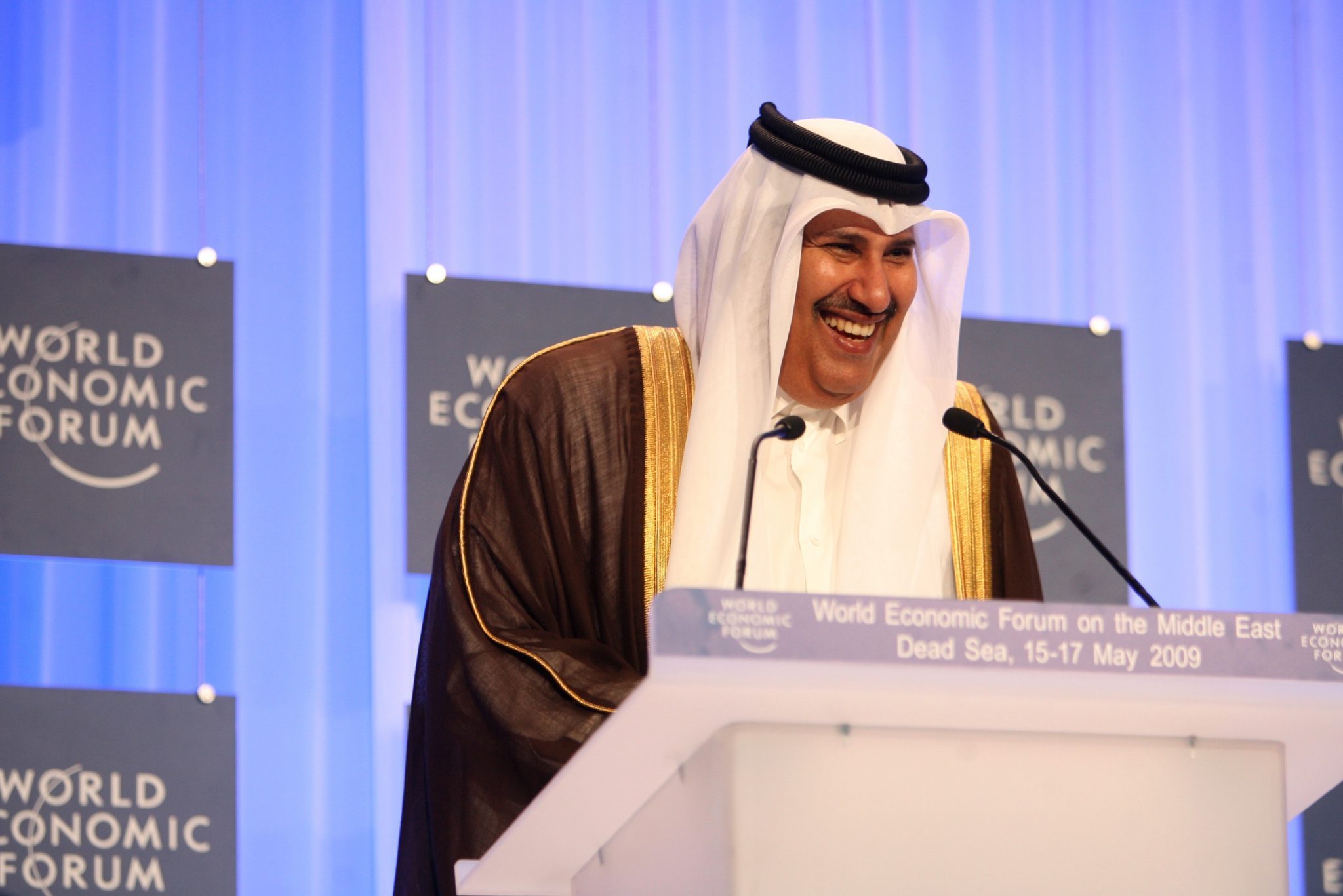Growing criticism of Qatar’s hosting of the major tournament has appeared to disregard the country’s major efforts.
Qatar will likely see a potential rise in “malicious criticism” during the 2022 FIFA World Cup, said the Gulf state’s former prime minister Sheikh Hamad bin Jassim Al-Thani—commonly known as ‘HBJ’.
“I expect the skeptics to launch new campaigns of malicious criticism during the tournament, downplaying the importance of achievement, and focusing on the mistakes that occur in any global event,” said HBJ in a Twitter thread on Saturday.
The comments by the former official Qatari, who also served as a foreign minister, come weeks ahead of the much-anticipated sporting event, and as media campaigns targeting Doha exacerbate.
“One remembers with regret the bitter campaigns carried out by some (to question) Qatar’s readiness for this world tournament and their attempts to thwart it under many pretexts,” said HBJ in the thread.
Qatar made history in 2010 when it became the first Arab country to win the bid to host the FIFA World Cup. However, it has since endured a slew of attacks from the western world, many of which target its treatment of migrant workers.
The Gulf state responded over the years by actively addressing violations of migrant worker rights, introducing major reform, some of which were new to the region. One major example is the dismantling of the controversial kafala, or sponsorship, system.
Doha had also introduced the region’s first non-discriminatory minimum-wage law in 2021, which established a monthly minimum wage of QAR 1,000.
Despite its efforts to address the concerns, criticism has continued and exacerbated, with officials noting a complete disregard by critics for the progress made on the ground.
“It is important to agree that Qatar has made key achievements and great efforts that deserve to be commended,” added HBJ.
Qatar’s Amir Sheikh Tamim bin Hamad Al Thani as well as other top Qatari officials have repeatedly slammed “racism” behind the campaigns. Last month, the amir described the campaigns as “ferocious” and questioned the intentions of critics.
Qatari officials have also in recent weeks hit back at the anti-Qatar media campaign which has appeared to drift from issues that initially centered on migrant workers rights to outright ‘sensationalism’.
On Friday, Qatar’s Foreign Minister Sheikh Mohammed bin Abdulrahman Al Thani said he came across recent commentary that accused Qatar of not being “intellectually and culturally ready” to host the World Cup.
“Is such racism acceptable in Europe in the 21st century? Football belongs to everyone. It is not reserved for a club of elites. Four hundred and fifty million Arabs are delighted that the World Cup is finally being held in their region,” Sheikh Mohammed told France’s Le Monde.
Last year, various European countries doubled down on scrutiny with the launch of a campaign to boycott the World Cup. These include Denmark, the Netherlands, and France. However, despite this, ticket sales have spiked in Europe.
“The reality is that the world is looking forward to this celebration. Over 97% of the tickets have been sold. Among the ten countries that bought the most tickets, we find European countries like France,” said Sheikh Mohammed.
With Qatar being the first Arab host nation of the World Cup, some of the some 1.5 million football fans are likely to be visiting the region for the very first time.
Commenting on what Le Monde described as “the clash of cultures”, Sheikh Mohammed reiterated that Qatar’s people are “very welcoming”.
“The entire world is welcome in our country. All we ask is that fans respect our laws, just as we are expected to respect yours when we visit you,” he said.







